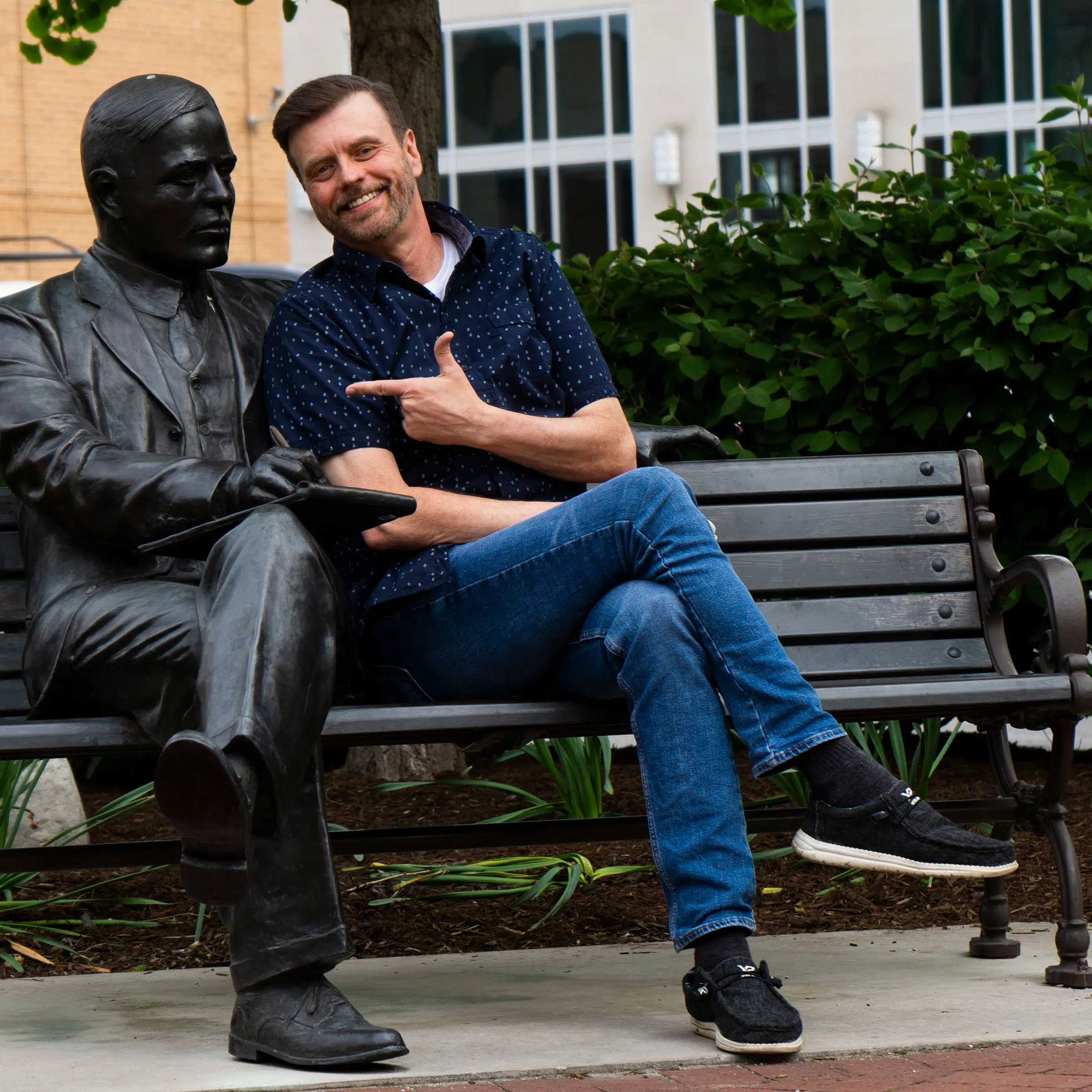By Sarah N. Lynch
WASHINGTON (Reuters) -The White House has dispatched social media teams alongside FBI agents executing arrest warrants in the nation’s capital to generate videos that promote U.S. President Donald Trump’s crackdown on crime in the District of Columbia, according to two people briefed on the matter.
The highly unusual arrangement runs afoul of longstanding Justice Department norms which seek to insulate criminal investigations from political influence.
It could hamstring prosecutors’ ability to try their cases by generating pre-trial publicity and raise constitutional questions about suspects’ rights to privacy in cases involving arrests carried out in non-public areas, legal experts say.
The White House has been playing an outsized role in the FBI’s operations since Trump announced on August 11 that he was initiating a federal takeover of the District of Columbia’s police department and calling in the National Guard to help patrol the streets. Critics have decried his actions as an authoritarian-like abuse of power.
The White House posted a highly produced promotional video on its X account on Thursday documenting the arrest of Sean Charles Dunn, a now-former Department of Justice employee who is facing an assault charge after he hurled a Subway sandwich at a federal agent. In the video, armed agents can be seen storming Dunn’s apartment and putting him in handcuffs.
The video was taken by a social media team sent by the White House, one of the sources said, speaking anonymously to discuss personnel matters. According to X, it has received 2.4 million views.
The social media team that filmed Dunn’s arrest remained embedded with the same FBI squad throughout the evening, the source said.
Reuters could not determine whether the people who produced the video are White House employees, nor could it determine on how many occasions the White House has sent people to film arrests since the operation began. The White House declined to answer those questions.
“This is not a standard law enforcement posture because this is action directed by the president deeming what is necessary and appropriate under the law. Of course the White House is involved in highlighting our hugely successful efforts to stop violent crime in Washington, DC,” a White House official said.
“As the most transparent administration in history, we will continue sharing these efforts with the press and the American people,” the official added.
Spokespeople for the FBI declined to comment.
Dunn’s attorney Sabrina Shroff declined comment about the White House’s role in filming the arrest, which took place just outside the doorway of Dunn’s residence inside what appears to be an apartment-style building.
“These are political media influencers who are there for a sole purpose, which is to document things in a light most favorable to a political agenda,” said defense attorney Bradley Moss. “It has nothing to do with law and order.”
CONSTITUTIONAL QUESTIONS
The White House has also stationed employees inside the FBI’s command post overseeing the federal operation who are tasked with reporting back with arrest numbers, the two sources said.
A social media post from the Drug Enforcement Administration on Saturday featured Stephen Miller and White House Deputy Homeland Security Advisor Tony Salisbury appearing at the command post alongside Justice Department officials.
In recent days, the FBI and the Metropolitan Police Department have referred media inquiries about arrests involving federal agents to the White House.
Legal experts said embedding social media teams who are not employed by law enforcement agencies to film arrests could in some instances run afoul of people’s Fourth Amendment right to privacy during the execution of a criminal warrant.
The U.S. Supreme Court ruled in 1999 that deputy federal marshals and local sheriffs seeking publicity for their actions violated a suspect’s constitutional rights when they invited members of the media to witness an arrest inside the person’s home.
“It’s just kind of an outrageous tactic for promotional purposes, but it does cross the line in terms of constitutional and ethical conduct by police,” said Bennett Gershman, a former New York state prosecutor who teaches at Pace University School of Law.
The FBI has sometimes allowed the media to do ride-alongs, generally for recruitment purposes, said James Davidson, a former FBI agent who has since formed the nonprofit The FBI Integrity Project, which aims to safeguard the bureau from undue political influence.
Both Davidson and Stacey Young, a former Justice Department lawyer who founded the group Justice Connection to advocate for current and former DOJ employees, expressed concerns that filming arrests could undermine confidence in the FBI.
“It erodes the FBI’s integrity and the perception of impartiality, which are required for the bureau to maintain any credibility,” Young said.
(Reporting by Sarah N. Lynch in Washington; Additional reporting by Trevor Hunnicutt; Editing by Colleen Jenkins and Mark Porter)





Comments